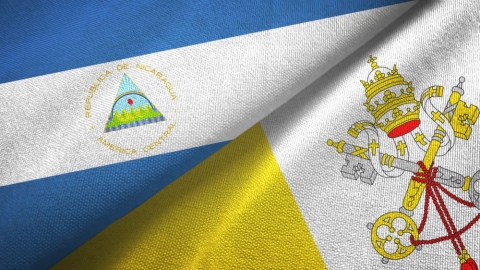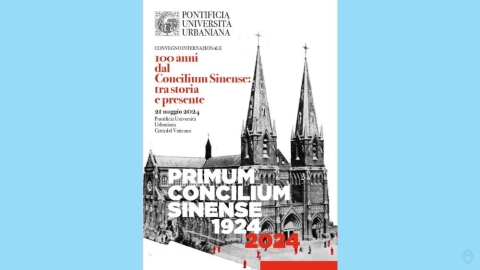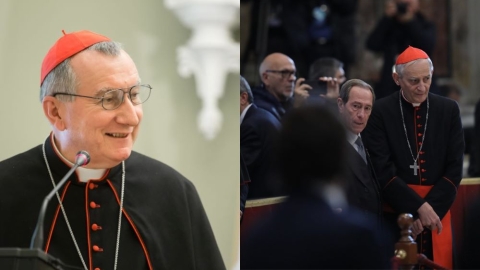Feast of St. Albert the Great

This is the entry for November 15 taken from the Dominican liturgical year, La Liturgie Dominicaine, written by R.P. Mortier, D.D.B. (Lille-Bruges, 1924).
St. Albert was from Swabia. He was a great lord through his origins, but the title of great comes to him because of his marvelous knowledge. He was called the Philosopher. Entering the Dominican Order at a young age, under Master Jordan of Saxony, St. Albert studied in Cologne. There he also learned to live in perfect love for God. He who despises the things of the earth in order to give all of himself to Him who is.
Having become a teacher, St. Albert astonished the world with the acuteness of his genius. In Cologne and in Paris, he was the first among the masters, so much so that the hall of the St. James convent where he taught in Paris was too small. Thus, he was obliged to satisfy his huge audience and give his lessons in the public square. The square was named after him and still bears his name today: Place Maubert or Maître Albert.
St. Albert assimilated the philosophy of Aristotle into university teaching. This assimilitation was modest at the beginning because Aristotle was suspected by many of teaching false doctrines. But St. Albert had formed a student brother in Cologne and brought him to Paris, a brother who would break down all barriers, baptize Aristotle and, using his principles adapted to the Christian Faith, build the marvelous monument which is called the Summa Theologica. This student was Brother Thomas Aquinas.
St. Albert had an intuition about the genius of this disciple whose doctrine was going to surpass his own; but in his saintly soul there was only pure joy in forming such a doctor for the Order and for the Church.
Urban IV removed St. Albert from his chair of Master to raise him to the episcopate in 1260. He was named Bishop of Ratisbonne, but this honor did not please him very much. St. Albert was above all a man of study. He resigned after three years and returned to Cologne to be among the students. At 83, he was still teaching.
He died at the age of 87, in 1280. He was predeceased by his beloved disciple, St. Thomas Aquinas. St. Albert had even come to Paris, despite his great age, to defend Thomas's doctrine there. St. Albert's tomb is in Cologne, in the crypt of St. Andrew's Church.
Illustration : AnonymousUnknown author, Public domain, via Wikimedia Commons





